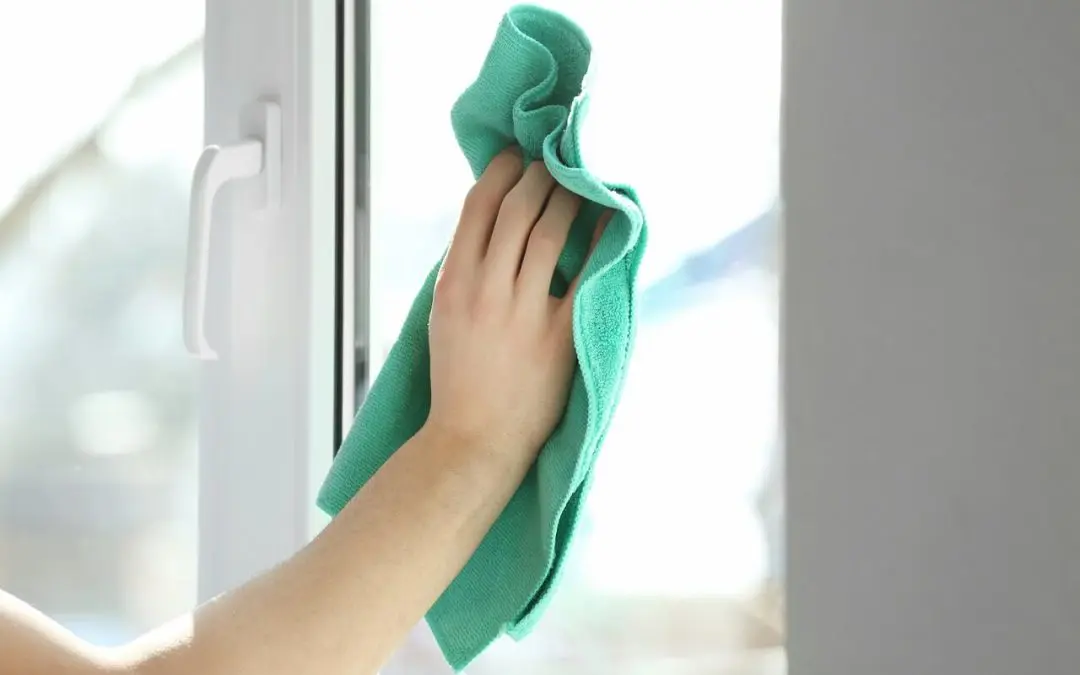These days, more people are turning to natural, homemade cleaning supplies to avoid harmful chemicals, reduce costs, and minimize their environmental impact. While commercial cleaners are effective, they often contain toxins that can be harsh on surfaces, irritate skin, and pollute indoor air quality. Homemade cleaners provide a safe, affordable, and sustainable alternative. If you want to make the switch, here’s everything you need to know about making homemade cleaning supplies.
Why Choose Homemade Cleaning Supplies?
There are several compelling reasons to switch to homemade cleaning supplies. First and foremost, many commercial products contain chemicals that can pose health risks. Ingredients such as ammonia, bleach, and synthetic fragrances are common in store-bought cleaners and have been linked to respiratory issues, skin irritation, and even hormone disruption.
Another reason is cost. Homemade cleaning solutions use inexpensive, everyday household items like vinegar, baking soda, and essential oils, making them budget-friendly. Additionally, by making your own supplies, you control the ingredients and can reduce plastic waste, as you’ll no longer need to purchase multiple bottles of commercial cleaners.
Lastly, using natural ingredients is better for the environment. Many store-bought cleaners are non-biodegradable and can harm aquatic ecosystems when they go down drains. Homemade alternatives, on the other hand, are often plant-based and safe for the environment.
Essential Ingredients for Homemade Cleaning Supplies
The key to effective homemade cleaning solutions lies in using a few versatile ingredients that serve multiple purposes. Some of the most common and useful ingredients include:
- White Vinegar: Vinegar is a natural disinfectant and deodorizer. It effectively breaks down grease and grime, making it ideal for kitchen and bathroom cleaning. It can also be used for windows, mirrors, and floors.
- Baking Soda: Known for its abrasive qualities, baking soda is great for scrubbing tough stains and surfaces. It’s also a natural deodorizer, which makes it perfect for freshening carpets, upholstery, and garbage disposals.
- Lemon Juice: Lemon juice smells fresh, has antibacterial properties, and can cut through grease. Its natural acidity is perfect for removing soap scum, cleaning metal, and brightening fabrics.
- Essential Oils: Essential oils like lavender, tea tree, and eucalyptus provide more than just a pleasant scent. They also have natural antibacterial, antifungal, and antiviral properties that enhance the cleaning power of your homemade products.
- Castile Soap: Made from plant oils, castile soap is a gentle yet effective cleaner for almost any surface. It’s particularly useful for mopping floors, washing dishes, and cleaning bathrooms.
Simple Recipes for Homemade Cleaners
Making your own cleaners is easier than you might think. Here are a few simple recipes for some of the most commonly used household products.
All-Purpose Cleaner
One of the easiest cleaners to make is an all-purpose spray that can be used on countertops, appliances, and other surfaces. Simply mix one part water with one part white vinegar in a spray bottle. Add 10-15 drops of your favorite essential oil, such as lavender or lemon, for a pleasant scent. Shake well before use, and you’ll have a cleaner that works on everything from grease to soap scum.
Glass Cleaner
For streak-free windows and mirrors, mix two cups of water, a half cup of white vinegar, and a quarter cup of rubbing alcohol in a spray bottle. Add a few drops of any citrus essential oil for a refreshing scent. Spray onto glass surfaces and wipe with a lint-free cloth for a spotless shine.
Scrub Cleaner for Tough Stains
When you encounter tough grime, such as in sinks, bathtubs, or stove tops, combine baking soda and a few drops of water to create a paste. Rub the mixture onto the stained area with a sponge or cloth, then rinse thoroughly. Add a splash of lemon juice for an extra boost, which will help lift stains and leave surfaces sparkling.
Floor Cleaner
For cleaning floors, mix half a cup of vinegar with a gallon of hot water. Add a few drops of Castile soap for a little extra cleaning power. This solution works on most flooring types, including tile, laminate, and hardwood. For hardwood floors, reduce the vinegar content slightly and use a well-wrung mop to avoid saturating the wood.
Carpet Freshener
Freshening up carpets can be as simple as sprinkling baking soda over the surface. Let it sit for 15 to 30 minutes to absorb odors, then vacuum thoroughly. You can also add a few drops of your favorite essential oil to the baking soda before applying it to your carpet for a fresh and lasting scent.
Tips for Storing and Using Homemade Cleaning Supplies
While homemade cleaners are a fantastic alternative to store-bought products, they must be stored properly to ensure their effectiveness and longevity. Always store your cleaners in glass or high-quality plastic containers, labeling them with the ingredients and date. Some mixtures, particularly those containing essential oils, should be stored in dark bottles to prevent the oils from deteriorating due to light exposure.
For best results, shake your cleaners before each use, as ingredients may separate over time. It’s also a good idea to test your homemade solutions on a small, inconspicuous area before applying them to a larger surface, especially on delicate materials like wood or fabric.
A Healthier, Greener Way to Clean
Switching to homemade cleaning supplies benefits your home and contributes to a healthier lifestyle and environment. Using natural, non-toxic, and biodegradable ingredients, you can clean your home safely and effectively without worrying about harmful chemicals.
As you continue to explore homemade cleaners, feel free to experiment with different combinations of ingredients and scents that work best for your needs. Whether deep cleaning or freshening up, these natural solutions offer a simple, affordable, and eco-friendly way to maintain a sparkling, healthy home.
FAQs
Can homemade cleaning supplies disinfect surfaces?
Some homemade cleaners, such as those made with vinegar, tea tree oil, or rubbing alcohol, have mild disinfecting properties. However, they are not as strong as commercial disinfectants, especially for killing viruses like COVID-19. You may still want to use an EPA-approved disinfectant for high-risk areas, such as bathrooms or kitchens where raw meat is handled.
How long do homemade cleaning solutions last?
Most homemade cleaners will last several months if stored properly. Vinegar-based cleaners tend to have a longer shelf life, while those made with essential oils or water may last about a month. Always store your solutions in airtight containers and keep them in a cool, dark place to maintain their effectiveness.
Can I use essential oils in all my homemade cleaners?
Yes, essential oils are a great addition to most homemade cleaners because they add natural fragrance and some antibacterial properties. However, avoid using citrus-based oils on surfaces like marble or granite, as the acidity can cause damage. Additionally, some essential oils may not mix well with certain ingredients like vinegar, so it’s important to research compatibility.
Are homemade cleaning supplies safe for people with allergies or sensitive skin?
Homemade cleaning supplies are often safer for individuals with allergies or sensitive skin, as they contain fewer harsh chemicals and synthetic fragrances. However, some people may still be sensitive to natural ingredients like essential oils. Always wear gloves when cleaning and consider skipping the oils if you or a family member has sensitivities.
DMV Home Inspections provides professional inspections to homebuyers and sellers in the Washington DC, metro area. Contact us to request our services.

